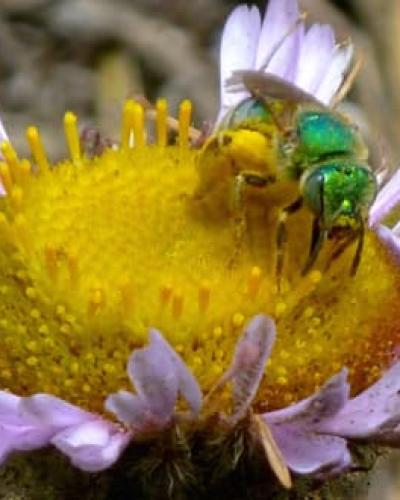The study of mediated chemically organismal interactions has a long and successful history at Cornell. There is also a strength of research in disease ecology and developing expertise in microbiomes. Our studies of plant-animal interactions aim to improve our understanding of the mechanistic basis of plant secondary metabolite and defensive protein production, the selective forces that drive their evolution, and their consequences for population dynamics and community structure. Research on pathogens ranges from individual-based studies of host-resistance and transmission to community level analyses, including mathematical modeling, to help understand the ecological and evolutionary impacts of disease.
The transmission dynamics and phenotypic impacts of microbiomes in plants and animals in natural settings are also of interest to EEB faculty.
The study of chemical ecology at Cornell has always included faculty in many different departments, in addition to EEB. Today, chemical ecologists at Cornell are networked through a number of team-organized undergraduate and graduate courses.
Related people

Professor Emeritus

Professor

Martha N. & John C. Moser Professor of Arthropod Biosystematics and Biodiversity Director & Curator of the Cornell University Insect Collection

Professor

Professor

